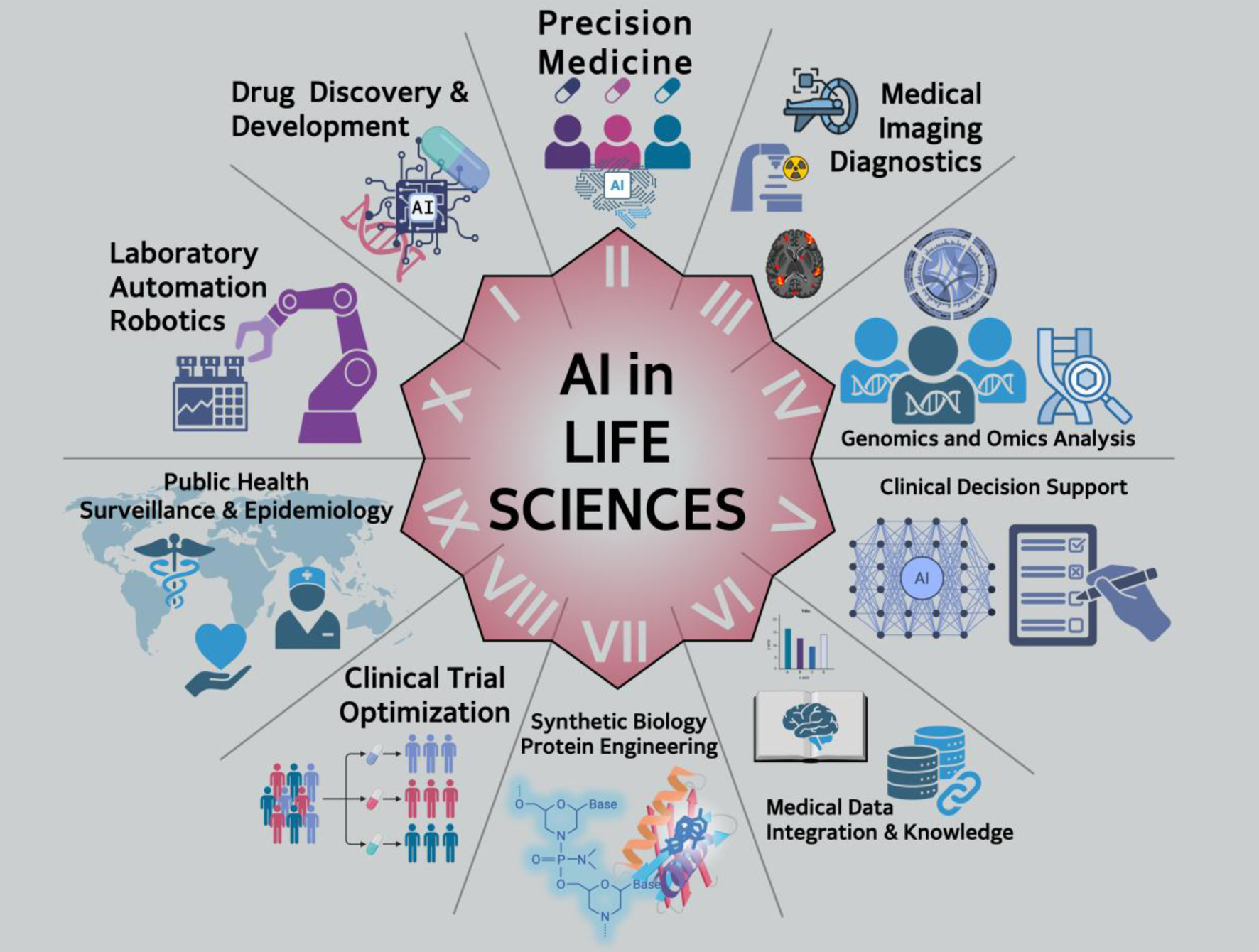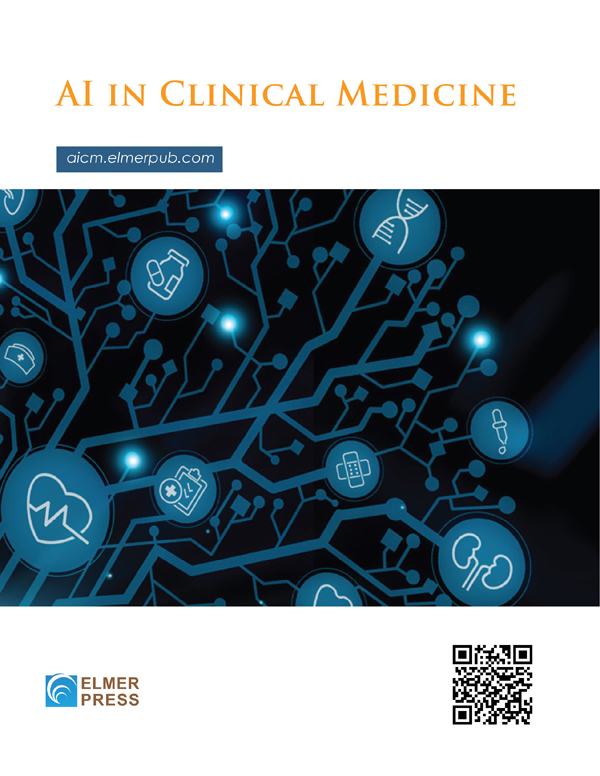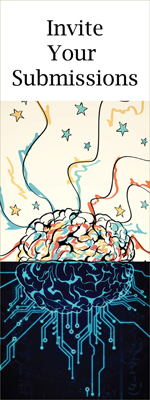Top Ten Transformative Impacts of Artificial Intelligence on Life Sciences
DOI:
https://doi.org/10.14740/aicm6Keywords:
Artificial intelligence, Life sciences, Drug discovery, Precision medicine, Medical imaging, Omics integration, Clinical decision support, Laboratory automationAbstract
Artificial intelligence (AI) is rapidly transforming the life sciences, revolutionizing biomedical research, diagnostics, therapeutics, and public health. Its ability to analyze complex data and uncover hidden patterns enables new solutions to long-standing biological challenges. This comprehensive review aims to identify and summarize the top 10 most impactful applications of AI across the life sciences, showcasing how AI technologies are reshaping key areas from drug discovery to public health surveillance. A narrative review approach was employed to synthesize recent advances and landmark developments across 10 major domains where AI has demonstrated transformative impact. Literature and case studies were examined to highlight the integration of AI tools in both research and clinical practice. Key areas of AI impact include: 1) drug discovery and development via predictive modeling and molecular generation, exemplified by AlphaFold; 2) precision medicine through integration of multi-omics and clinical data; 3) AI-assisted diagnostics in radiology and pathology; 4) omics data interpretation to uncover biomarkers and disease mechanisms; 5) clinical decision support using real-time data synthesis; 6) knowledge graphs for systems biology and drug-disease-gene relationships; 7) protein and enzyme design in synthetic biology; 8) clinical trial optimization via improved recruitment and risk prediction; 9) AI-driven public health surveillance; and 10) laboratory automation to enhance reproducibility and throughput. AI is not only accelerating discovery and development across the life sciences but is fundamentally transforming how biomedical science is conducted. As AI technologies continue to evolve, they are poised to become indispensable tools for advancing healthcare innovation and addressing future biological challenges.

Published
Issue
Section
License
Copyright (c) 2025 The authors

This work is licensed under a Creative Commons Attribution-NonCommercial 4.0 International License.






